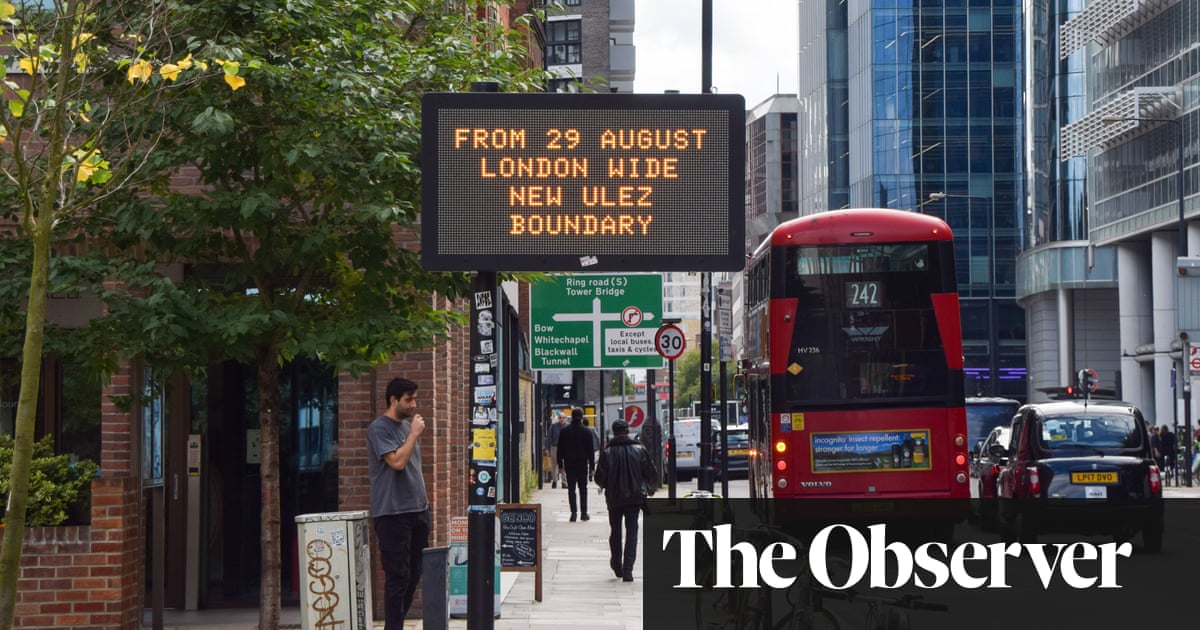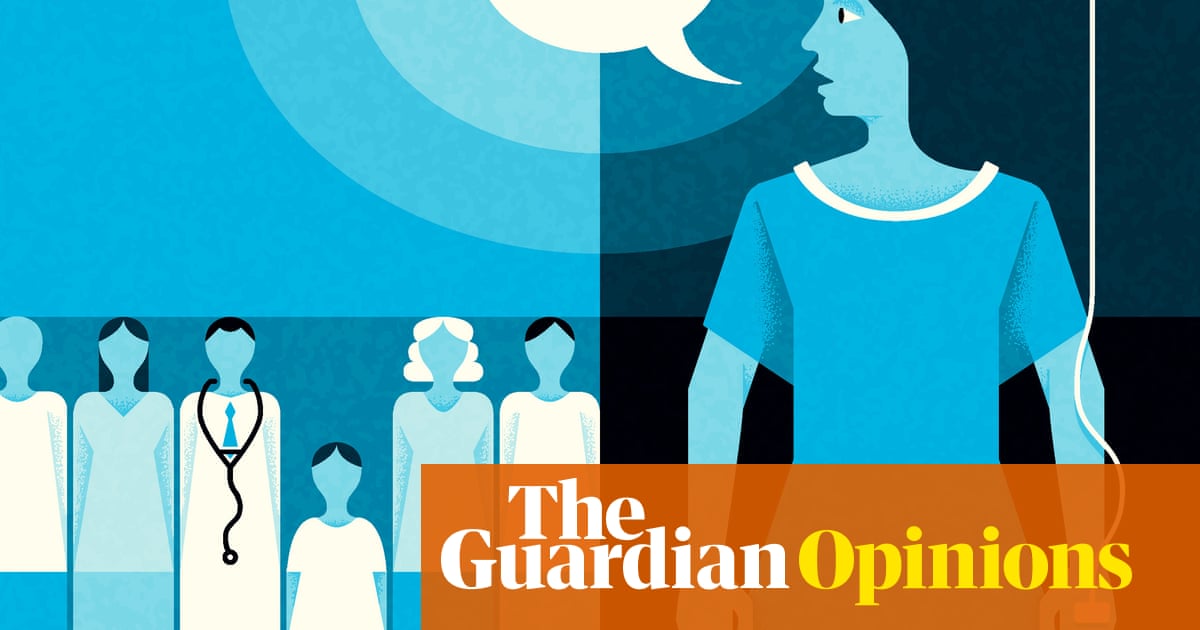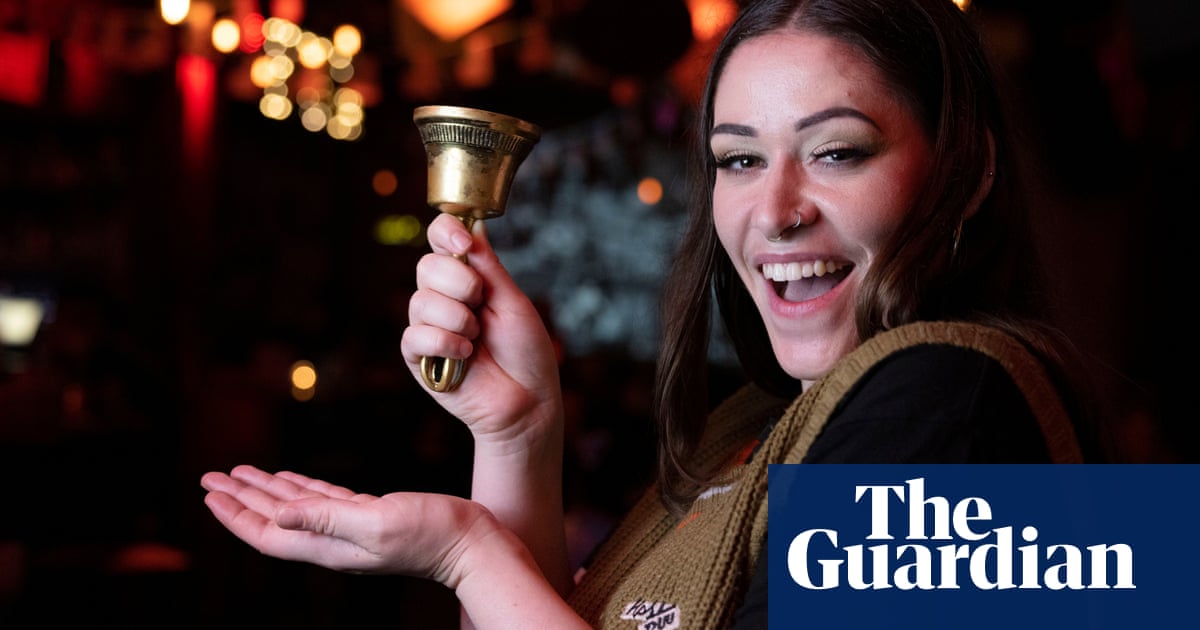
arly in the pandemic, I called a much-loved local restaurant – a kitschy, hipster joint that had been open just a few years – to see if they were still doing takeaway. One of the owners answered the landline phone and told me no, sorry, they weren’t.
“No worries,” I told him, and immediately moved to end the call, but the guy just kept talking.
It wasn’t economical to do takeaway, he explained, he wished they could, but they’d had to stand down all their staff, and were just hoping they’d be back when this was all over, because they’d worked so hard on the place – you know? But who knew how long it would even take or what “over” was going to mean?
His voice was almost cracking in that totally quiet restaurant, and I pictured him sitting alone at the bar, with the fairy lights flashing around him. “And how about you?” he asked me, a total stranger. “Are you and your family doing OK? Are you still working?”
When we think about the way the virus transformed the way we communicate it’s often the technological shifts that come to mind – working, talking and dating through flat two-dimensional screens.
But from early on, Covid-19 also changed the emotional tenor of everyday interactions, bringing an unexpected vulnerability to exchanges with strangers or acquaintances we wouldn’t usually open up to.
For me it wasn’t just the impromptu heart-to-heart that Saturday night.
On social media, casual friendships plunged into new levels of intimacy, as people willingly shared their isolation experiences – the loneliness, the weirdness, the difficulty of it all. People I’d only ever spoken to breezily at pubs or parties were in my DMs, having D&Ms about insomnia and strange dreams.
The man at the corner shop I had visited anonymously almost every day for years, quickly became Arthur, someone I would commiserate with about the state of the world as I bought milk and toilet paper.
In parks and public spaces during lockdown, strangers would occasionally be suspicious and evasive, holding their breath as you passed. But more often I found the opposite – people smiling and nodding more than usual, saying hello, maybe their only in-person hello for the day.
Sequestered away from most people in our lives, I found people were seeking intimacies and connection wherever they could.
Small talk was once governed by unspoken rules – keep it short and simple, don’t really give much away. But amid a binfire of a year, once-rote pleasantries took on a whole new meaning.
“One very small consequence of Covid-19 is that it is turning ‘How are you?’ into a question again,” wrote Megan Garber in the Atlantic back in March.
Maybe it was the fact we were all too tired, too exposed to keep up the pretence any more, that allowed many of us to really answer that question, even in an abridged way, when asked over a shop counter. Maybe we had more time on our hands, and could idle where we would once scurry away. Or maybe knowing that everyone is going through something this year made us feel safer about admitting, to anyone who asked, that we were too.
All this heightened sensitivity has placed brands in an uncomfortable spot. Marketing firms have clearly tried to tap into this vulnerable moment, often with spectacularly irritating results. I’ve received more than a few whiplash-inducing emails riffing on our “unprecedented times” and offering heartfelt well-wishes, before segueing into a hard sell of products like a new flavoured vodka.
As the pandemic enters its 86th month (it’s been about that long, right?), I sometimes feel like there’s a weariness setting in towards this new expectation to be more open. We can’t always reflect thoughtfully on the ambient shittiness of the year with everyone we speak to. A new small talk – bleaker, world-weary, but nonetheless just as deflecting as the old one – is taking over.
“How are you doing, Jo?” Arthur still asks me almost every day. Some days I stick around to chat about the interminableness of working from home, or to listen as he talks about how the business is struggling.
Others I give one of the new rote responses: “Oh you know,” I might say, unthinking, with a reflexive roll of my eyes. “2020.”












